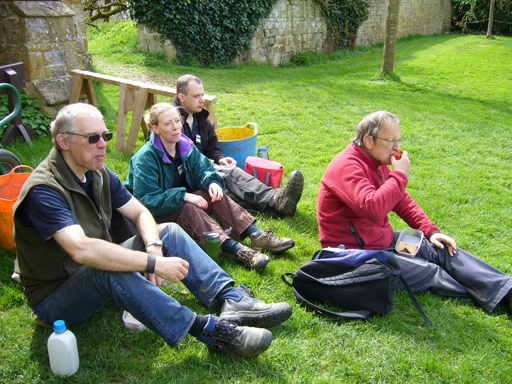4 Retaining and motivating volunteers

This section explores how organisations attempt to keep volunteers. An organisation might have successfully recruited and trained new volunteers but that does not necessarily mean they will stay, however good their induction into the organisation.
Volunteers leave their roles for many reasons, and often the organisation or group cannot do much about it. People’s lives change: they may need to do more paid work; take on additional family responsibilities; experience ill health; move out of the area, and so on.
Even if the volunteer really enjoys their role, and they feel valued by their organisation, various life events may mean they have to leave. If they have had an enjoyable and fulfilling experience with a voluntary organisation, however, they will hopefully return or find a new role at a later date.
In other situations, volunteers leave because they do not enjoy the role or find it unsatisfying. They may still be committed to the cause or issue that prompted them to volunteer in the first place, but they feel negative about the actual activities they were required to do, or the environment they were working in. Alternatively, they may not like or feel connected to the other volunteers or paid staff, or they may have felt stressed or overworked.
It may also be that the role was not what they were expecting. Expectations of paid and unpaid work form a major part of people’s job/volunteering satisfaction: both before a person is recruited and then how the job works out in practice.
Some people will leave after their first session of volunteering and others will leave further down the line. Volunteers do not need to give notice in the same way that paid staff do, so it is disruptive for rotas when, on the day they were expected to work, people phone up to say they are leaving. Some volunteers just leave without any communication.
Generally speaking, organisations value their volunteers and appreciate their help. They want to keep them, especially if they have invested time and resources in training them. However, they might not always know how to express their appreciation, particularly when resources are tight and people are pulled in many directions.
